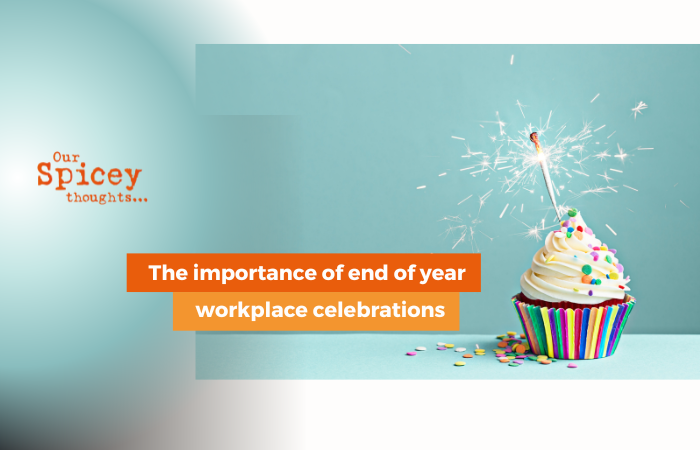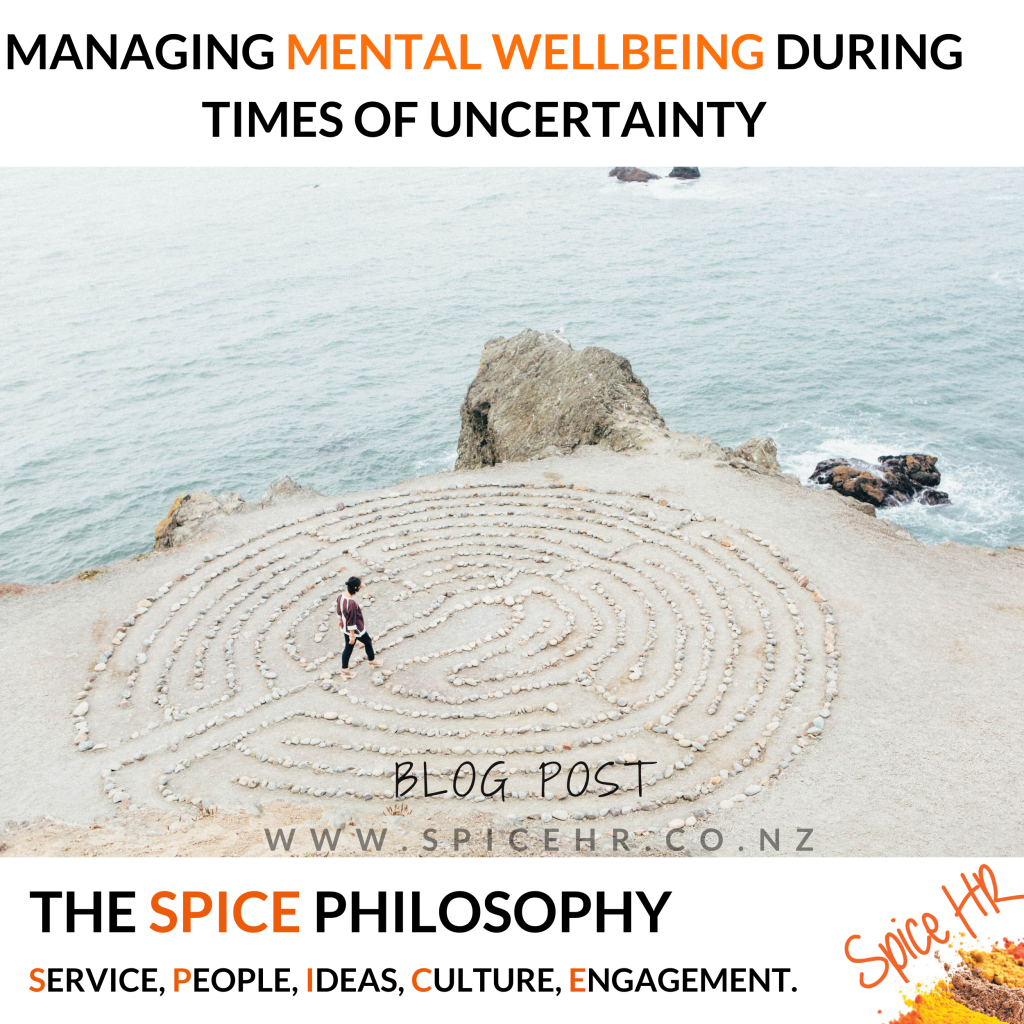
As Mental Health Awareness Week approaches in New Zealand, the focus of many companies turns towards ensuring their teams are checking in with their mental health.
This is now more important than ever!
Sure, we are hopefully over the worst of the pandemic restrictions, but the ongoing repercussions are most definitely being felt.
So, let’s explore what you can do to check in with your own mental health, as well as the mental health of your team.
Let’s Check In With Our Mental Health
Do You Have The Right Support?
Many people have developed strong skills of resilience in the last few years. Resilience was a vital tool to help navigate the choppy waters of Covid and everything that the virus brought with it!
Whilst resilience remains an essential skill, we cannot rely on this alone. There comes a time when everyone reaches their maximum point of resilience and it’s important to make sure the right additional resources are in place.
Consider who you know that could provide key support. It could be a spouse, friend, family member or co-worker. If none of those are suitable, then there are plenty of other options for external support.
Creating Healthy Habits
A big part of maintaining good mental health is forming the right habits. Now, that doesn’t simply mean eating healthily and getting enough sleep. Whilst those things are certainly important, you also need to consider your mindset and working relationships.
Relationships in the Workplace
You have probably heard that you draw a lot of energy from the people that surround you. So, it is vital that the people you spend the most time with have a positive influence on you.
Of course, this is not always possible. You may find that you have someone in your team or workplace that you don’t see eye to eye with. Obviously, you can’t cut these people out – even though you might want to! Rather, mindfully manage the interactions you have with them using the following tips:
- Actively listen
- Stay calm
- Stick to the facts
- Keep the interactions positive
- Show empathy – try and see things from their perspective
- Don’t take things personally
- Take a pause when you need to
- Focus on the result or end goal that you’re after
Mindset
Mindset is another large component of good mental health. Having a positive state of mind can really help to improve wellbeing, productivity, and confidence. So, how do you create good mindset habits? Well, here are some of our favourite tips:
- Squash the negative self-talk and celebrate wins – no matter how big or small
- Stop comparing yourself to others – accept yourself for who you are and recognise the value you add
- Be mindful and appreciate the good things in life
- Recognise and accept your emotions to process them easily
- Only focus on what you can control
- Learn from your mistakes
- Practice a ‘glass half full’ mentality
Building Workplace Mental Health Awareness
Whilst it is great to recognise and celebrate good mental health during Mental Health Awareness Week, we really want to encourage workplace practices that last all year round.
Here are some great ideas to consider:
- Introduce ME Days: everybody has days where they simply don’t have the energy to adult! A ME Day (or mental health day) is the perfect solution. It’s a day kept separate from annual leave, where your team members can take time off. A day to recharge the batteries, if you will!
- Wellbeing committee: show your team that you value wellbeing by setting up a committee dedicated towards it. This allows nominated staff and management to consult on wellbeing issues to create a positive environment for everyone in the workplace.
- Wellbeing programme: get serious about improving and maintaining good mental health at your workplace by establishing a formal wellbeing programme. The programme could include all the things your team value – flexible working hours and conditions, onsite fitness, healthy food options/education, assistance programmes… whatever works for your people.
- Five Ways to Wellbeing: The Mental Health Foundation of NZ has created plenty of useful 5 Ways to Wellbeing resources to download and implement within your workplace.
- Workshops: The cool thing about professional development is that it doesn’t need to be role specific. There are plenty of types of training centred around resilience and psychological safety that can truly empower your team.
- Employee Assistance Programmes: Alongside traditional EAP Providers, if your budget doesn’t stretch that far check out the Xero Assistance Programme. This offers Kiwi small business owners, their employees and family members access to free and confidential counselling and support until the end of the year – regardless of whether you are a Xero customer, or not! In addition Xero ,have a lot of useful free support resources for businesses – check them out!
Supporting good mental health should be an essential focus for all NZ businesses. If you feel as though you need help developing or expanding your workplace wellbeing programme, then the Spice Gals are here to help. Get in touch with us today.





 How To Find The Elusive Work Life Balance
How To Find The Elusive Work Life Balance


